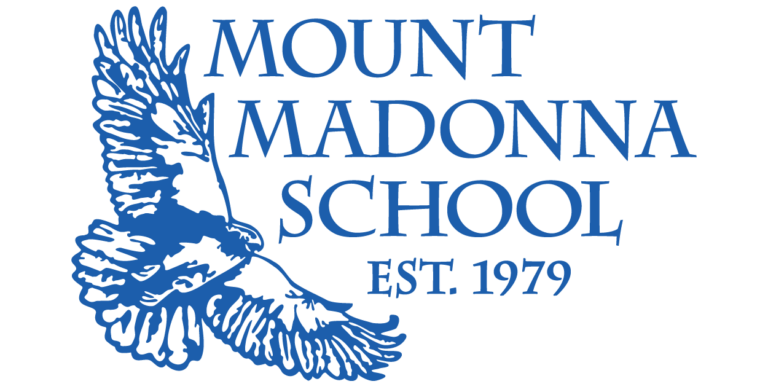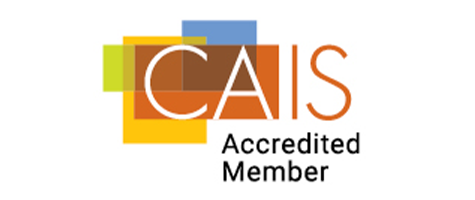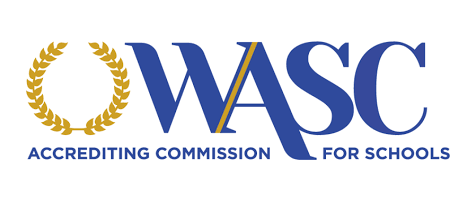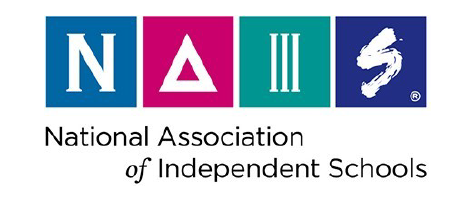June 2010
Through study, reflection, dialogue and action, students seek to develop their capacities as responsible and compassionate world citizens.
Prior to departing for the nation’s capitol last month, 17-year-old Emma Fladeboe expressed optimism and determination in her pre-trip blog about the experiences that awaited her: “I believe the building of relationships with those we interview in Washington, D.C. will bring so much meaning and value to our experience,” she wrote. “It will help us realize that we all have more in common than we think. We can learn to understand and be aware of different perspectives rather than reacting to them for lack of alignment with our own beliefs. We can learn to be more sensitive and understanding.
I intend to approach [the trip] with an open mind, and use this experience as a means to become more informed of the views and perspectives of others. I hope to develop my capacity as a more understanding and aware individual. This will be my search.”
For Fladeboe and thirty of her classmates, ‘the search” was an 11-day learning journey to Washington, D.C. to meet and interview both government and non-government leaders. The interview tour is part of a unique two-year “Values in World Thought” social studies program conducted for juniors and seniors at Mount Madonna School. This biennial trip provides students with an important in-depth look at American government and a direct personal experience of those who devote their lives to public service. The essence of this journey is a sincere inquiry into the values that inspire a life of meaning and service.
“There is no better way to learn history than hearing it directly from those who make it,” comments Ward Mailliard, MMS creator of the “Values in World Thought” curriculum. “Travel is an essential component of the learning process,” he explains. “Through travel and engagement with others, students broaden their basic knowledge of the world and expand their concept of what is possible in life.”
On alternate years, Mailliard travels internationally with the students to interview leaders in other parts of the world. In 2007 the group traveled to India to interview the Dalai Lama and Indian President, Abdul Kalam. This journey was the subject of a full-length documentary released this past fall. In 2008 they went to the Amazon rainforest in Ecuador to learn about issues facing that region, and in 2009 year journeyed to South Africa to interview Archbishop Desmond Tutu.
“Through visiting other cultures, students discover new ways in which to view themselves in relationship to the larger world,” he says. “It’s about providing a forum for young people to make connections, increase their learning capacity, and engage with their elders – to be mentored into the national conversation.”
This sort of mentoring creates connections between the students and those serving society, according to Mailliard, and builds “inspired human contact” where students can see and understand that there are often good intentions in different parts of the political spectrum, even if there is disagreement on the issues.
Among those the students recently interviewed with are: Leonard McCarthy, Vice President for Institutional Integrity at the World Bank; Congressman Sam Farr, Congressman John Lewis, Congressman Jeff Flake; James Fallows, a journalist with The Atlantic Monthly; Congressman Dennis Kucinich; Ray Suarez, a veteran reporter for The NewsHour with Jim Lehrer; Admiral Stephen Rochon, the current and eighth White House Chief Usher; and Reverend Mpho Tutu, an Episcopal priest and founder and executive director of the Tutu Institute for Prayer & Pilgrimage (and the daughter of Archbishop Desmond Tutu).
Direct engagement in community service was also part of the students’ itinerary. They spent one morning working on projects arranged by The Pilgrimage, a service-oriented hostel where they stayed while in D.C. Junior Lindsay Colton says she and several classmates helped retired school teacher Vivian Adams with her daily chores and house cleaning; Junior Noah Limbach and others worked on park cleanup with the Washington Parks and People organization.
Fladeboe and her classmates returned from Washington hopeful about their own ability to affect positive change in the future. Students learned that if approached correctly, public servants are more than willing to mentor; and that the older generation cares deeply about passing on what they have learned and want to create opportunities for the nation’s youth.
“The students went to Washington, D.C. prepared to ask thoughtful and stimulating questions about what it means to live a life of public service; and they discovered helpful wisdom for those just setting out on their journey,” reflects Mailliard. “We have seen that these conversations change forever the way our young people look at government and the possibility of public service. This journey is an important rite of passage that students at Mount Madonna School now look forward to eagerly as part of their transition to adulthood.”
For more information on this program: www.MountMadonnaSchool.org/values



